Beyond Boundaries: Lessons in Gender Equity from LBS's Laidlaw Faculty Lunch
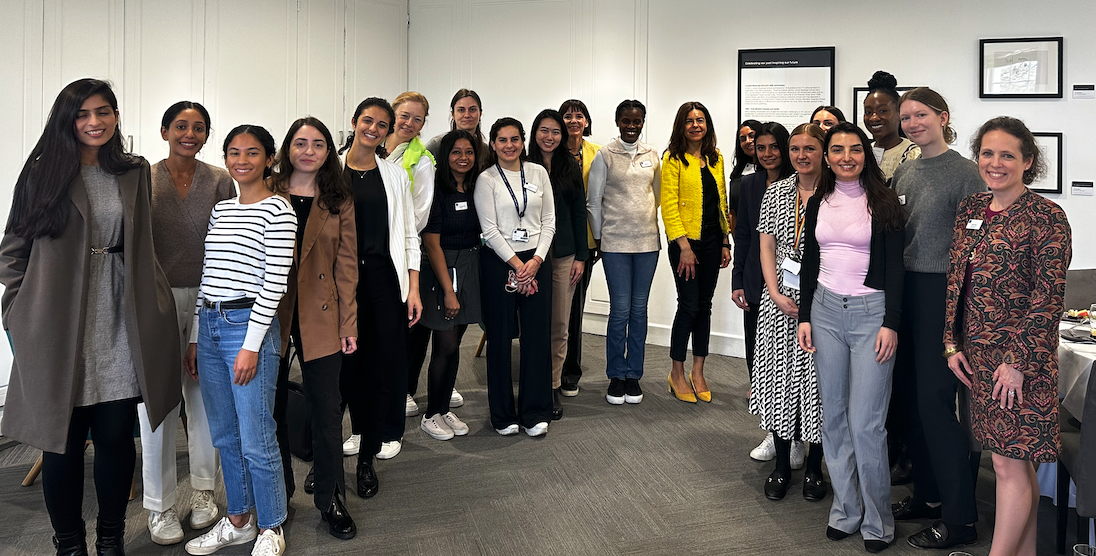
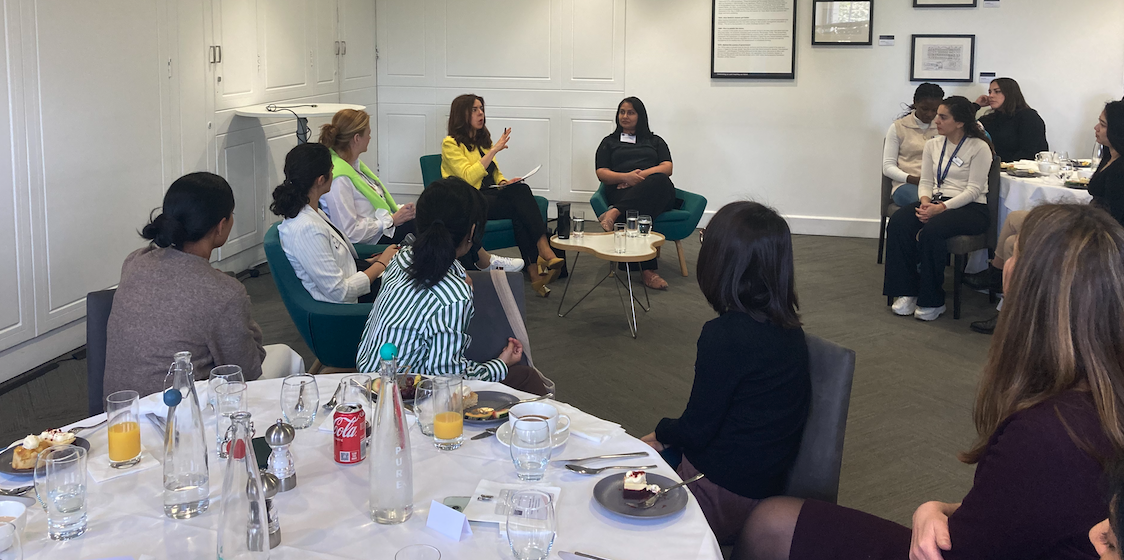
On Tuesday, I had the privilege of attending the Laidlaw Faculty Lunch at London Business School (LBS), a gathering expertly moderated by our very own LBS Scholar, @Michelle Abou-Raad. This annual event, tailored for Women in Business Laidlaw Scholars, serves as a platform for LBS faculty to delve into their latest research on gender equality in the business world. The aim of this year's gathering? To shed light on why the glass ceiling persists and, more importantly, what strategies can be adopted to shatter it.
Entering such discussions can sometimes feel exhausting. Often, there is a disproportionate burden placed on women to go above and beyond in their pursuit of career progression. However, this particular conversation offered a refreshing perspective. "True equity will be reached when just as many women are allowed to be mediocre as men," remarked Paraskevi Galani MiFTPT2004, Vice President and General Manager, Product and Marketing, Global Network Services at American Express, and proud LBS alumna. Her statement challenges the pervasive notion that women must work twice as hard to achieve half as much—a reality exacerbated by intersecting factors like race, class, disabilities, and sexual orientation.
Aneeta Rattan, Associate Professor with Tenure in Organisational Behaviour, provided valuable insights into the mindsets of organisational decision-makers. She highlighted the contrast between those who believe leadership potential is inherent in select individuals and those who advocate for a universal perspective—that everyone possesses leadership potential. Interestingly, Rattan's research suggests that embracing the latter mindset correlates with reduced gender bias.
Isabel Fernandez-Mateo, Adecco Professor of Strategy and Partnership whose work explores gender differences in reapplication and their impact on women's presence in talent pipelines, pushed back on a reoccurring assumption; "After being rejected in a male-dominated selection context, women are less likely to reapply for future opportunities within that context--and the assumption is that this is due to low confidence, but what is often not considered is that women could be simply frustrated with observed inequities in the application process" —providing a nuanced perspective that challenges outdated stereotypes of low confidence being the main driver of organisational gender inequities.
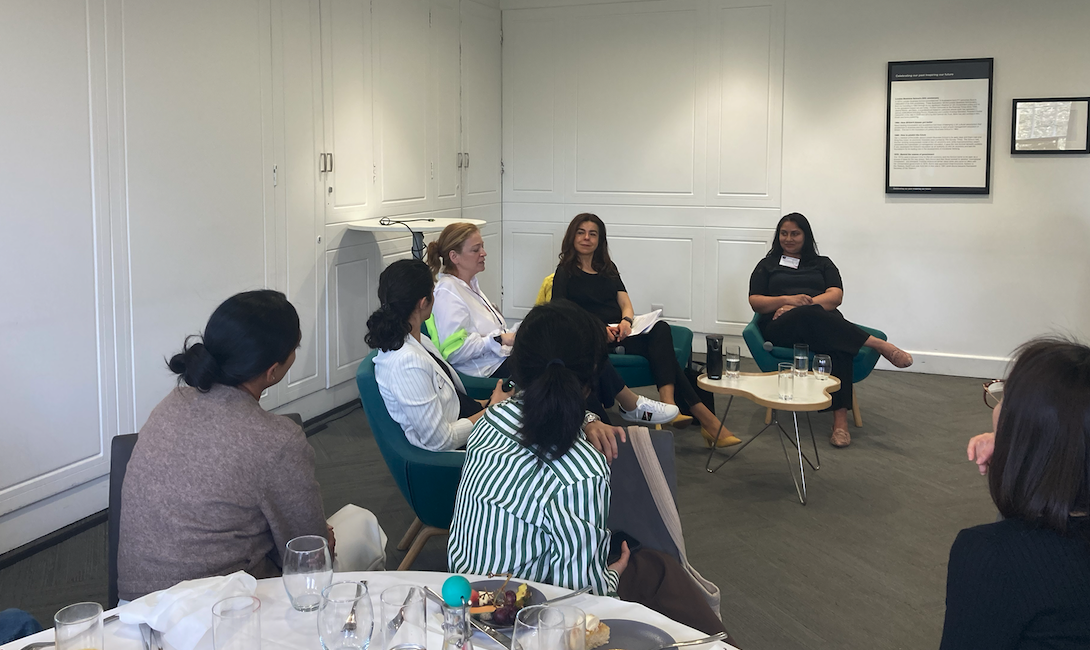
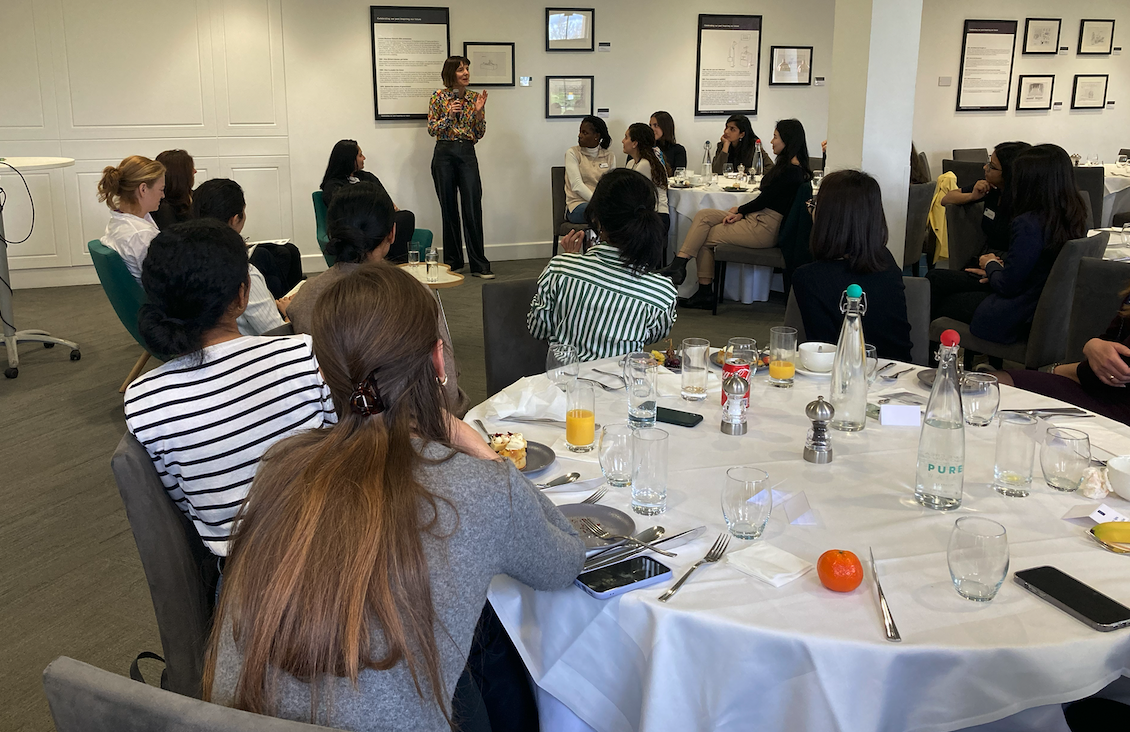
Perhaps the most significant takeaway from the event was the emphasis placed on the importance of networking and fostering a sense of belonging. Each panellist underscored the crucial role strong connections play in navigating and dismantling entrenched systems. This resonated deeply, serving as a reminder of the invaluable support network formed by this incredible community of Laidlaw scholars.
In essence, the Laidlaw Faculty Lunch at LBS was not merely an academic discussion but a catalyst for meaningful dialogue and action. It underscored the importance of challenging ingrained biases and fostering inclusivity through community—a vital step towards achieving true gender equity in the business world.



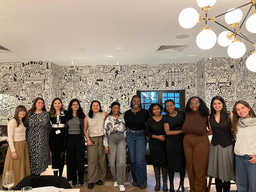

Please sign in
If you are a registered user on Laidlaw Scholars Network, please sign in